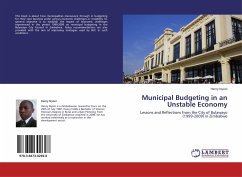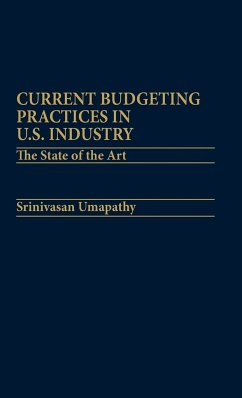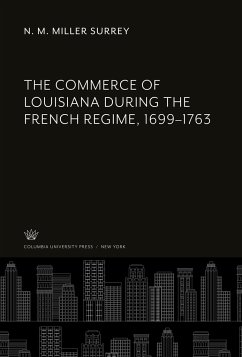
Performance based budgeting in America
The case of Louisiana and its public hospitals
Versandkostenfrei!
Versandfertig in 6-10 Tagen
47,99 €
inkl. MwSt.

PAYBACK Punkte
24 °P sammeln!
First adopted by the U.S. federal government in 1993 and by a large number of State governments between 1993 and 1998, performance-based budgeting (PBB) was considered as one way to restore faith in government by making government more accountable, more citizen-focused, more performance oriented, and more cost effective. Budget reformers believed that this rational approach to public budgeting would enhance efficiency and effectiveness of government programs. Louisiana adopted PBB in 1997 and mandated it to all its public agencies including the one that run its state public hospitals. The purp...
First adopted by the U.S. federal government in 1993 and by a large number of State governments between 1993 and 1998, performance-based budgeting (PBB) was considered as one way to restore faith in government by making government more accountable, more citizen-focused, more performance oriented, and more cost effective. Budget reformers believed that this rational approach to public budgeting would enhance efficiency and effectiveness of government programs. Louisiana adopted PBB in 1997 and mandated it to all its public agencies including the one that run its state public hospitals. The purpose of this study is to assess the relative impact of PBB on the technical efficiency of public hospitals. It addresses the following research question: Does PBB and the rationality that underlies it enhance the efficiency of public hospitals? Data was obtained from three sources including the 1996 and 2005 annual surveys of hospitals, the Area Resource File from the Bureau of Health Professions and the Center for Medicare and Medicaid Services. This research combines three innovative techniques including the data envelopment analysis, the propensity score matching, and the Mann-Whitney test.












